Over her decades-long career, Alison Krauss has solidified her status as a bluegrass legend with her careful, distinct delivery of subject matter typical to the genre, like love, loss, hardship, rural living, and religion. These are all prevalent themes in bluegrass and adjacent styles, like country. But in a 2011 interview with The Word, Krauss argued that bluegrass, for all its storytelling and narrative tradition, has always sidestepped one kind of conversation: politics.
Videos by American Songwriter
According to Krauss, only one artist wasn’t afraid to exist in the bluegrass sphere and get political. The vast majority, meanwhile, existed in a world more rooted in escapism than reality.
Why Alison Krauss Thinks Bluegrass Is a Form of Escapism‘
On a surface level, bluegrass music can seem like the opposite of escapism. A significant portion of the bluegrass catalogue covers intensely emotional topics, such as first loves, first breakups, the death of a loved one, the uprooting of homes, and the disappearing rural way of life. If anything, bluegrass music seems to frame some of life’s most challenging experiences. However, these tend to be personal, firsthand experiences, rather than the experiences of an entire society or political system.
During a 2011 conversation with The Word, Union Station founder and prolific solo artist Alison Krauss argued that bluegrass “was and still is very proper. Bill Monroe and those guys. It was about being sharply dressed, trying to get away from the image of being farm people, shake off that hillbilly label. It’s very interesting. People still do that. They keep themselves to themselves. Bluegrass is a very protected world, and they don’t like change. It’s the simple life. Escapism. You fantasize about that kind of life.”
To Krauss, the most political form of music is rock ‘n’ roll. “Rock is about changing the world,” she said. “When you look at what rock music has done, it’s defined eras. Changed people’s minds. Bob Dylan? The Stones? U2? Look at Madonna. She changed how women saw themselves. I don’t see it as [just] having a good time. I see it as very emotional music. Rock music has been more influential than politics in terms of how people view themselves and change themselves. It’s huge.”
Still, Krauss made a caveat for one notable bluegrass and folk musician who might not be the biggest name to come out of the genre, but certainly was one of the first to bring politics to the table.
This Singer-Songwriter Wasn’t Afraid To Get Political
Alison Krauss told The Word she would “never, for myself, say that country was political” before adding that she wasn’t that familiar with contemporary country music. She mentioned Merle Haggard as being a passionate advocate for the working man, and, in that sense, could be construed as political. But only one artist firmly planted in the bluegrass tradition fit the description of a “political bluegrass musician,” per Krauss, and that was Hazel Dickens.
“She was one of the first female singers to really make a stand,” Krauss argued. “She had one song called ‘Will Jesus Wash The Bloodstains From Your Hands’ protesting war. But otherwise, nobody went there in bluegrass. If they talk about the war, it’s somebody borrowing from an old Civil War tune, like Dock Boggs. Everything was home, family, and faith. It was family values, farm work, and sometimes, somebody killed somebody’s wife.”
Photo by Paul Drinkwater/NBCU Photo Bank/NBCUniversal via Getty Images

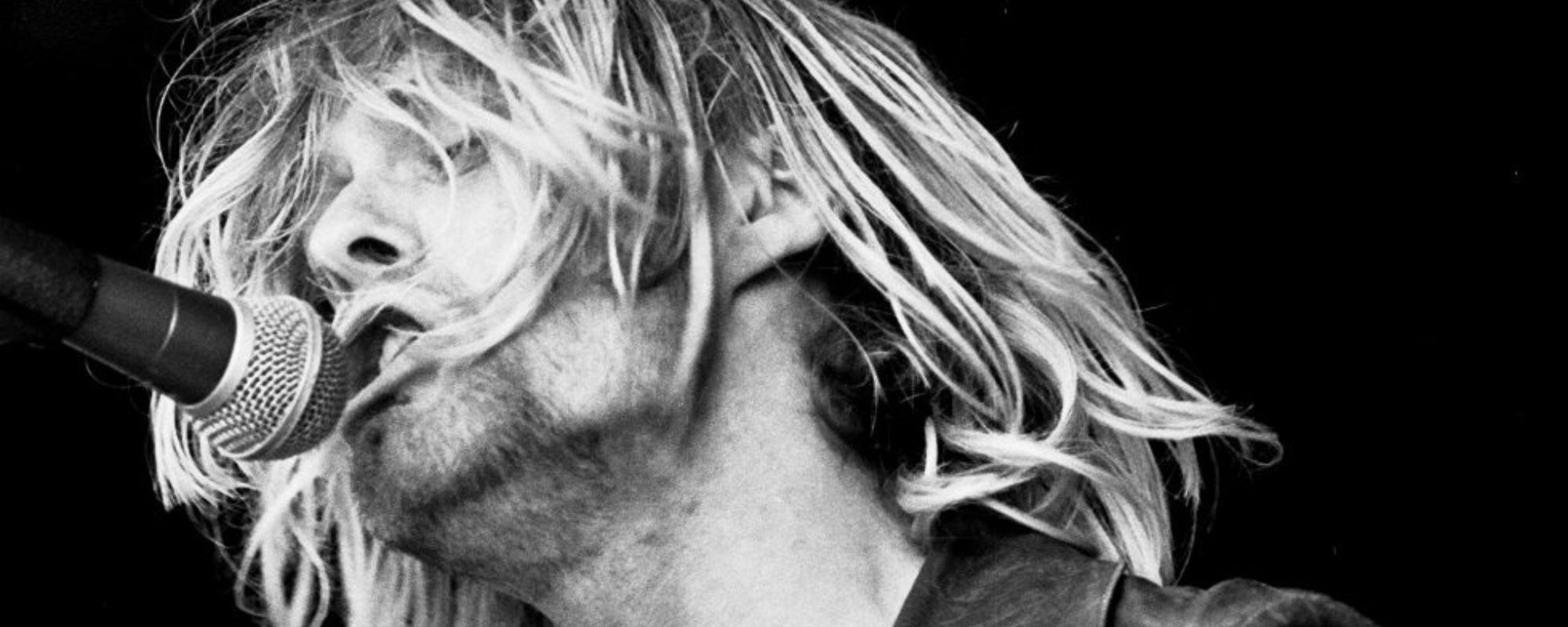
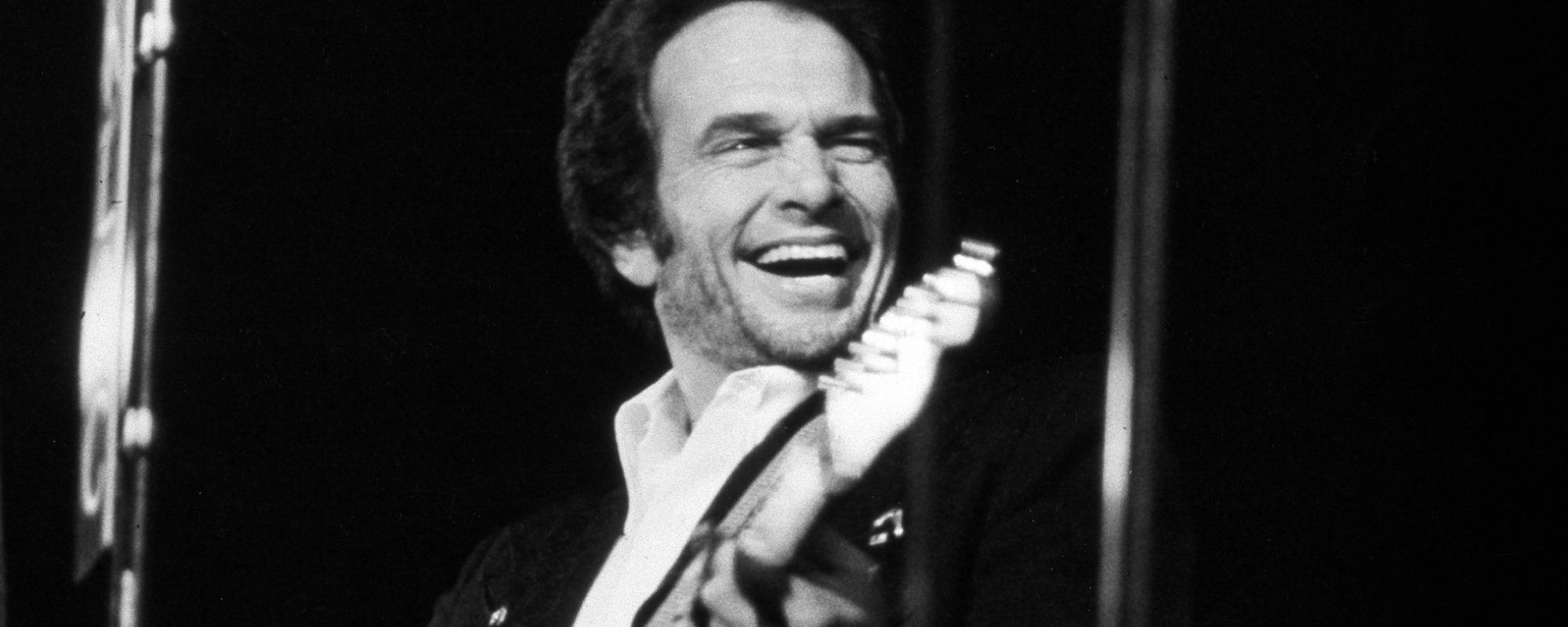
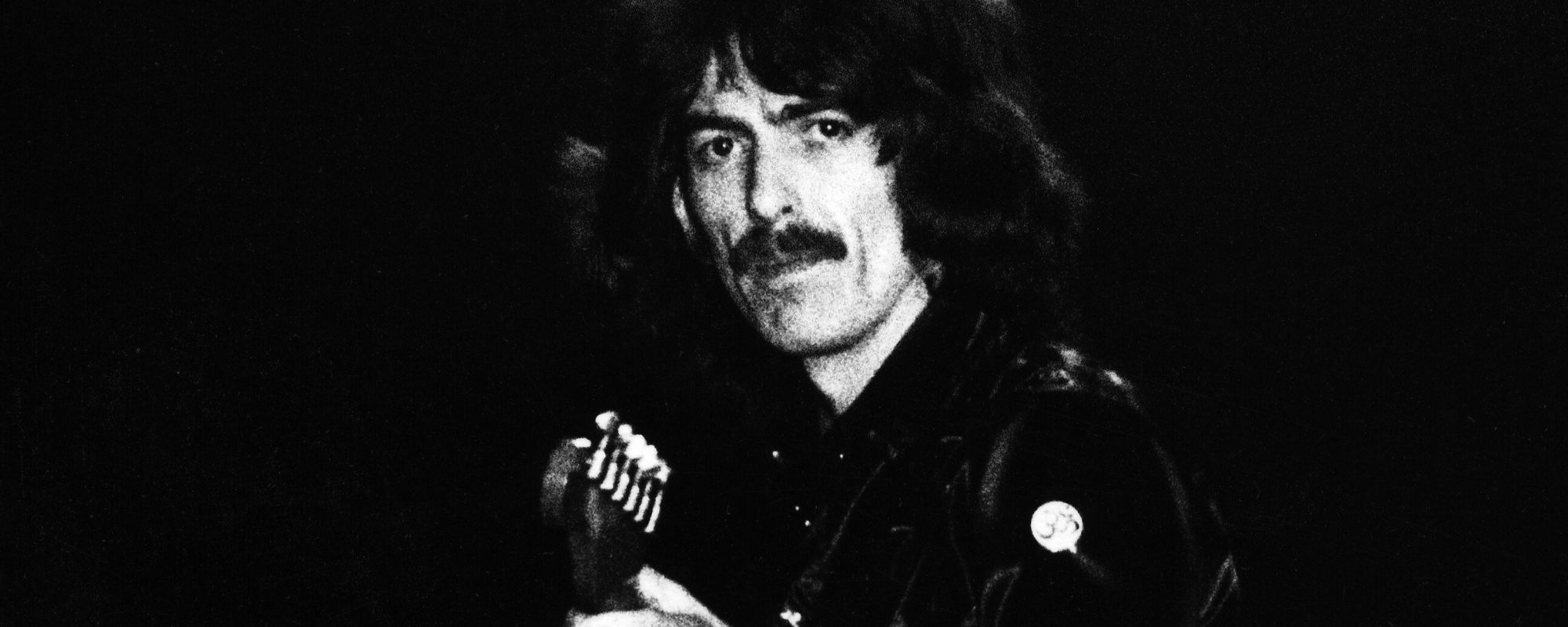

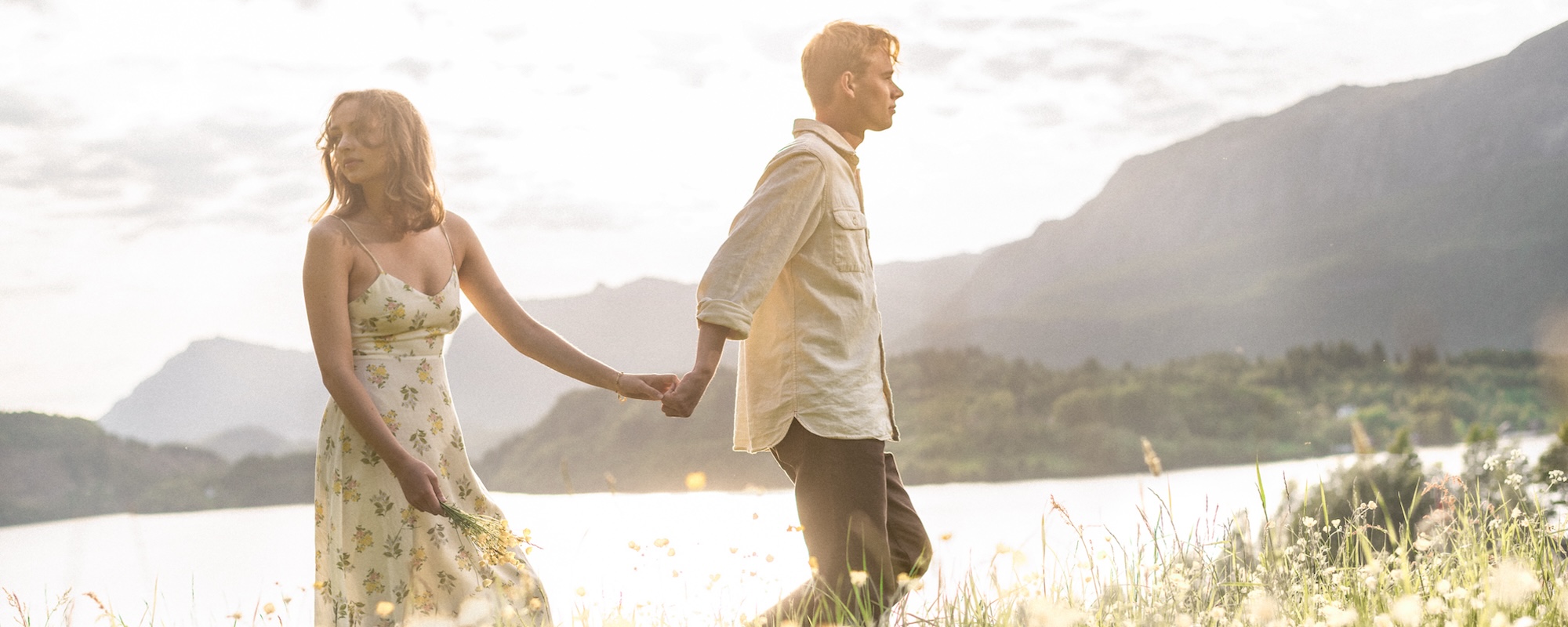
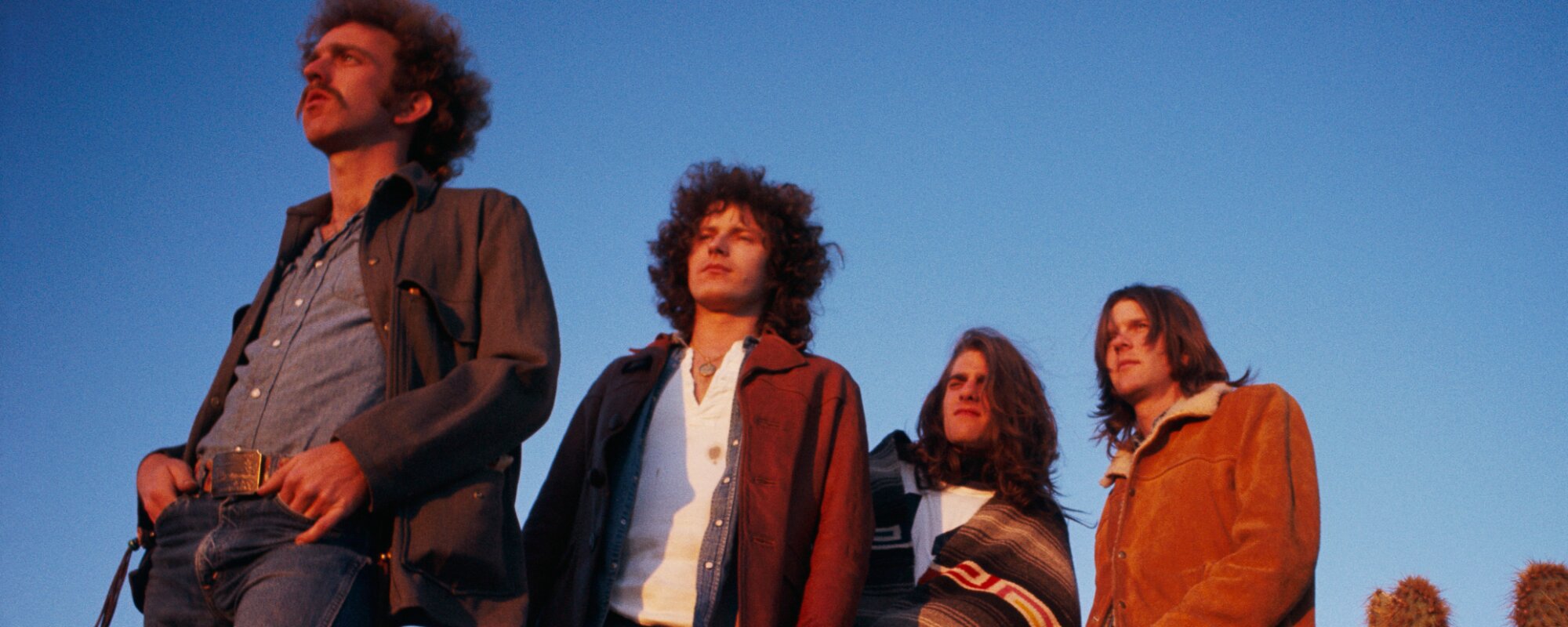
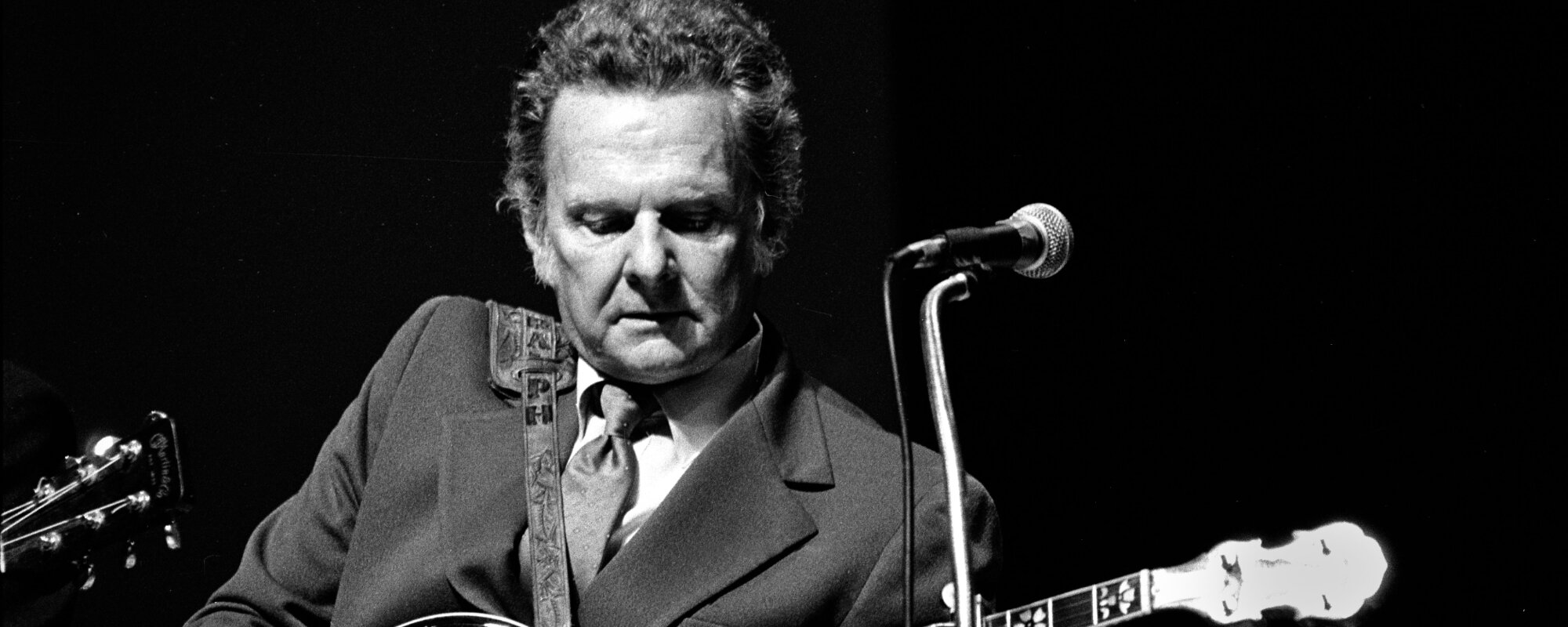
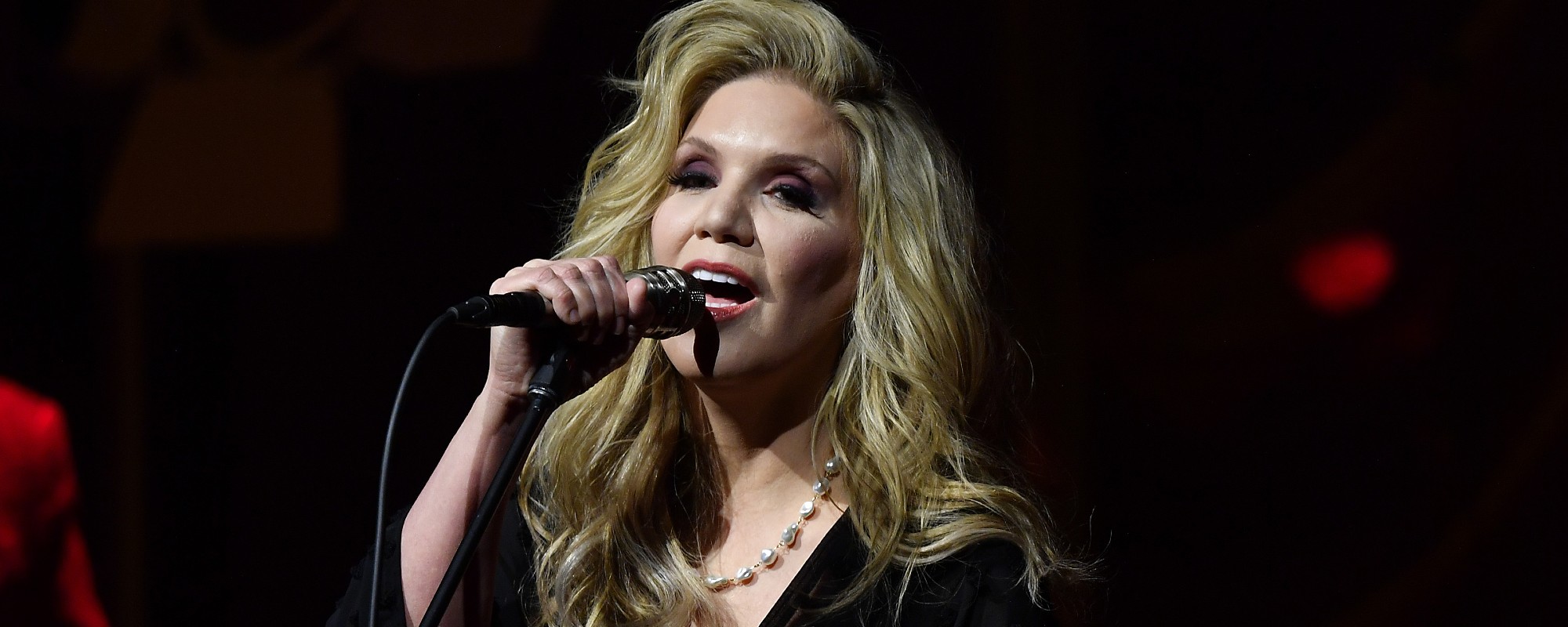
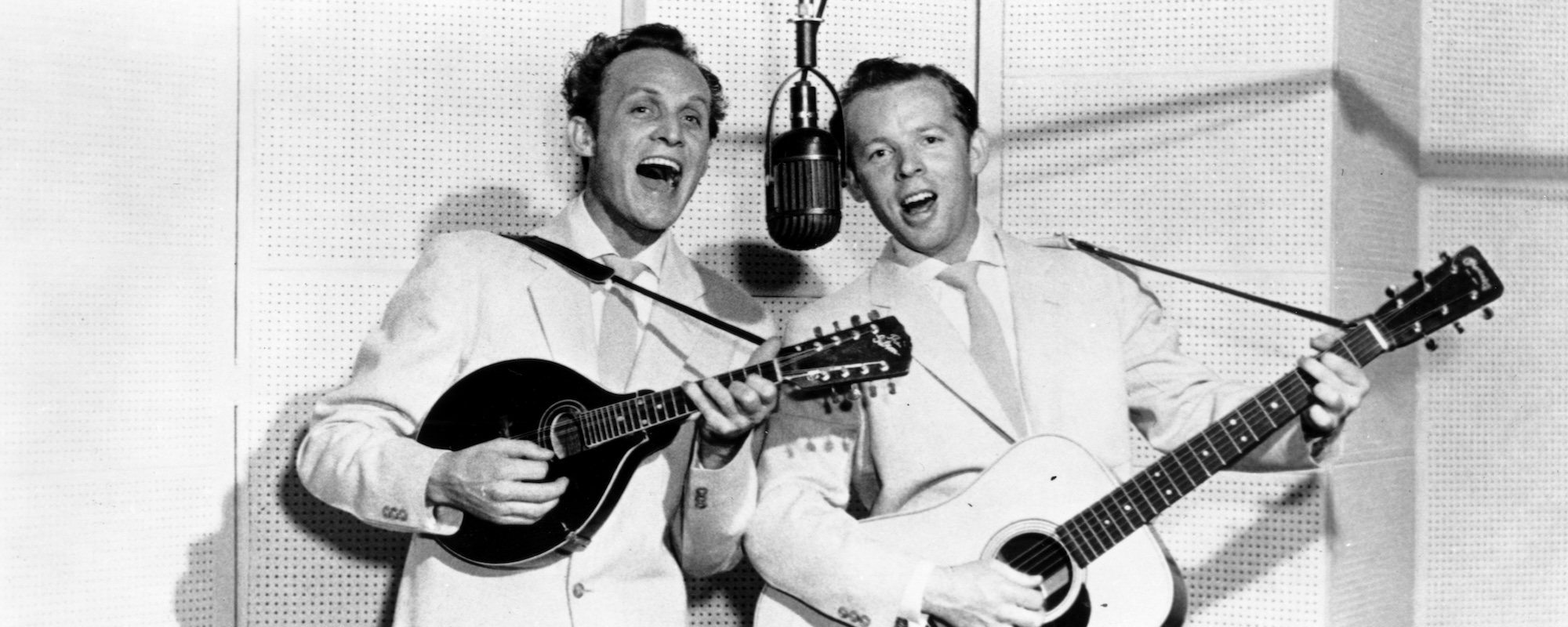
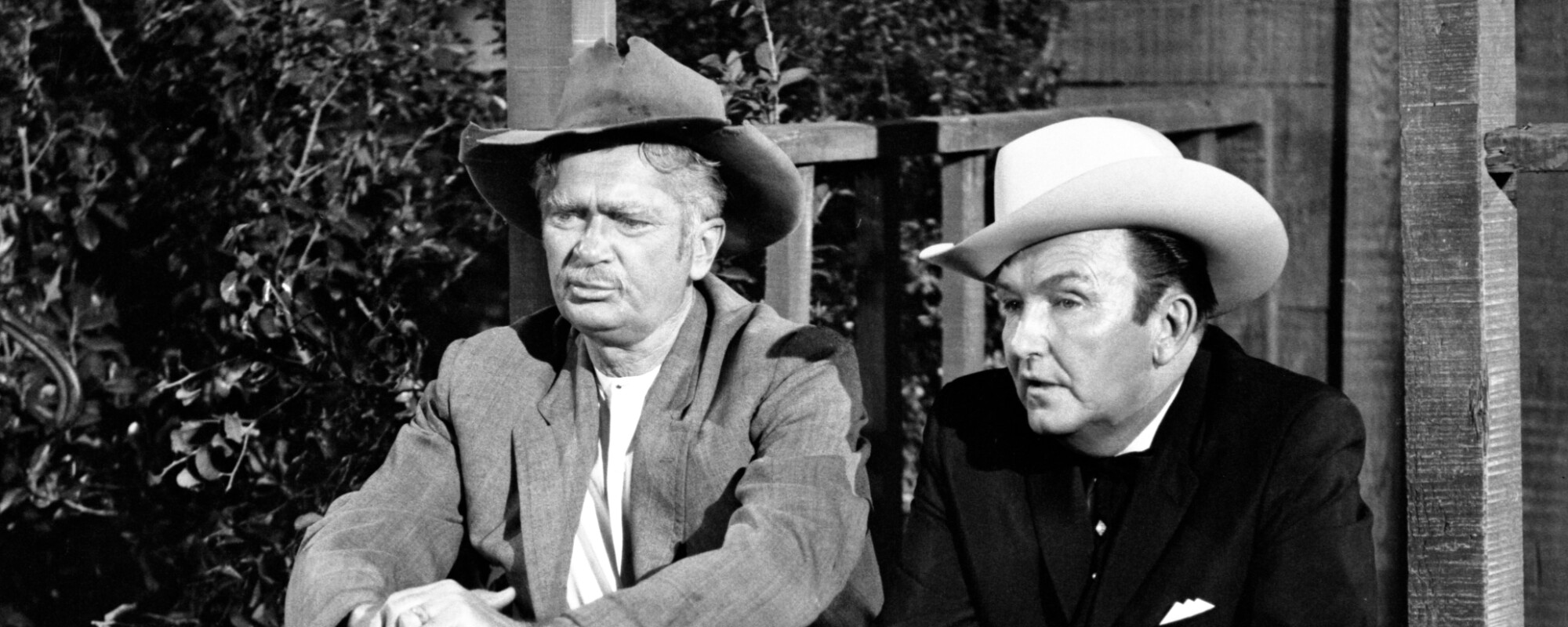
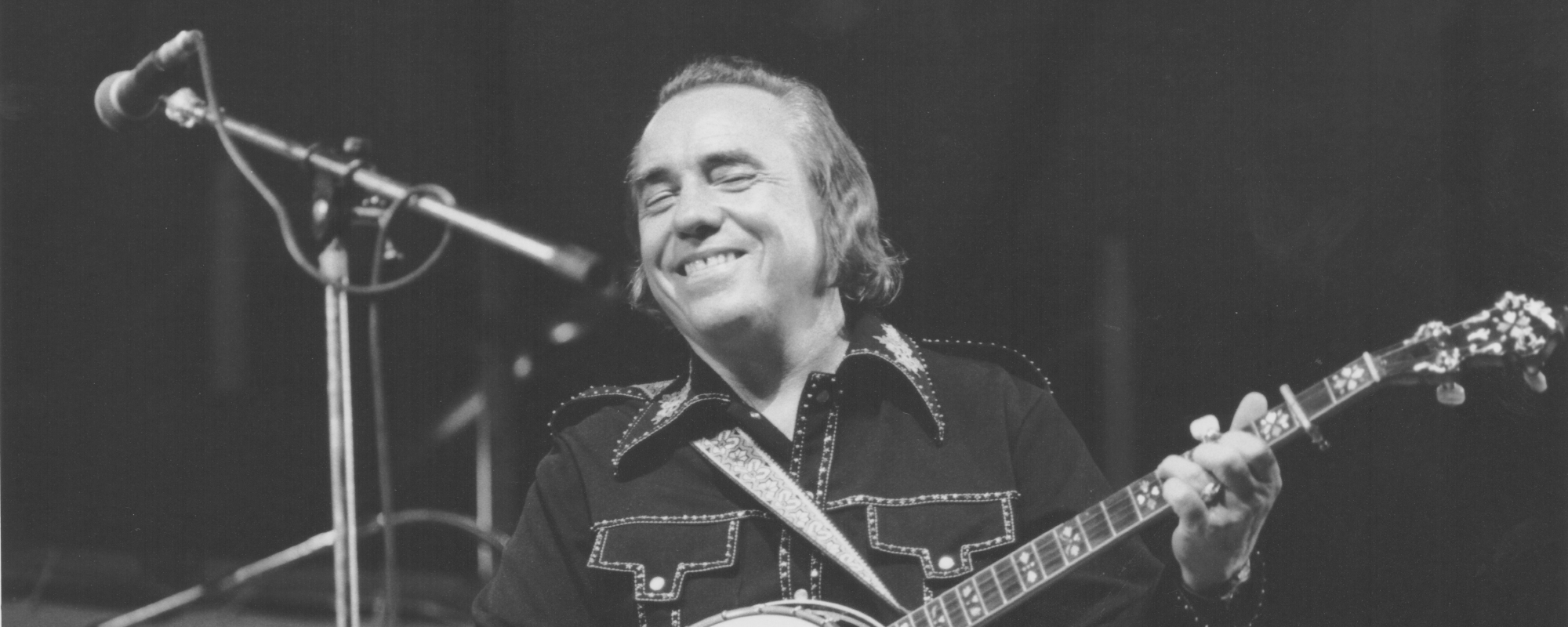
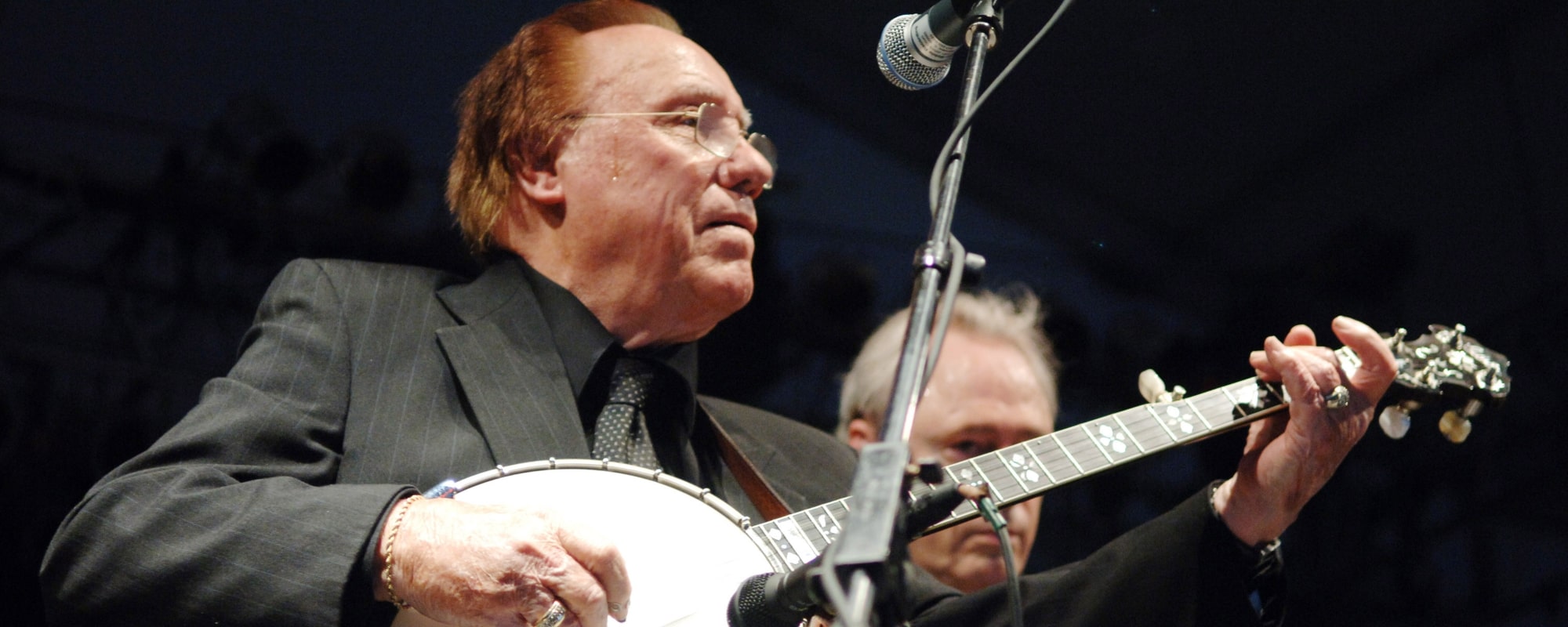
Leave a Reply
Only members can comment. Become a member. Already a member? Log in.